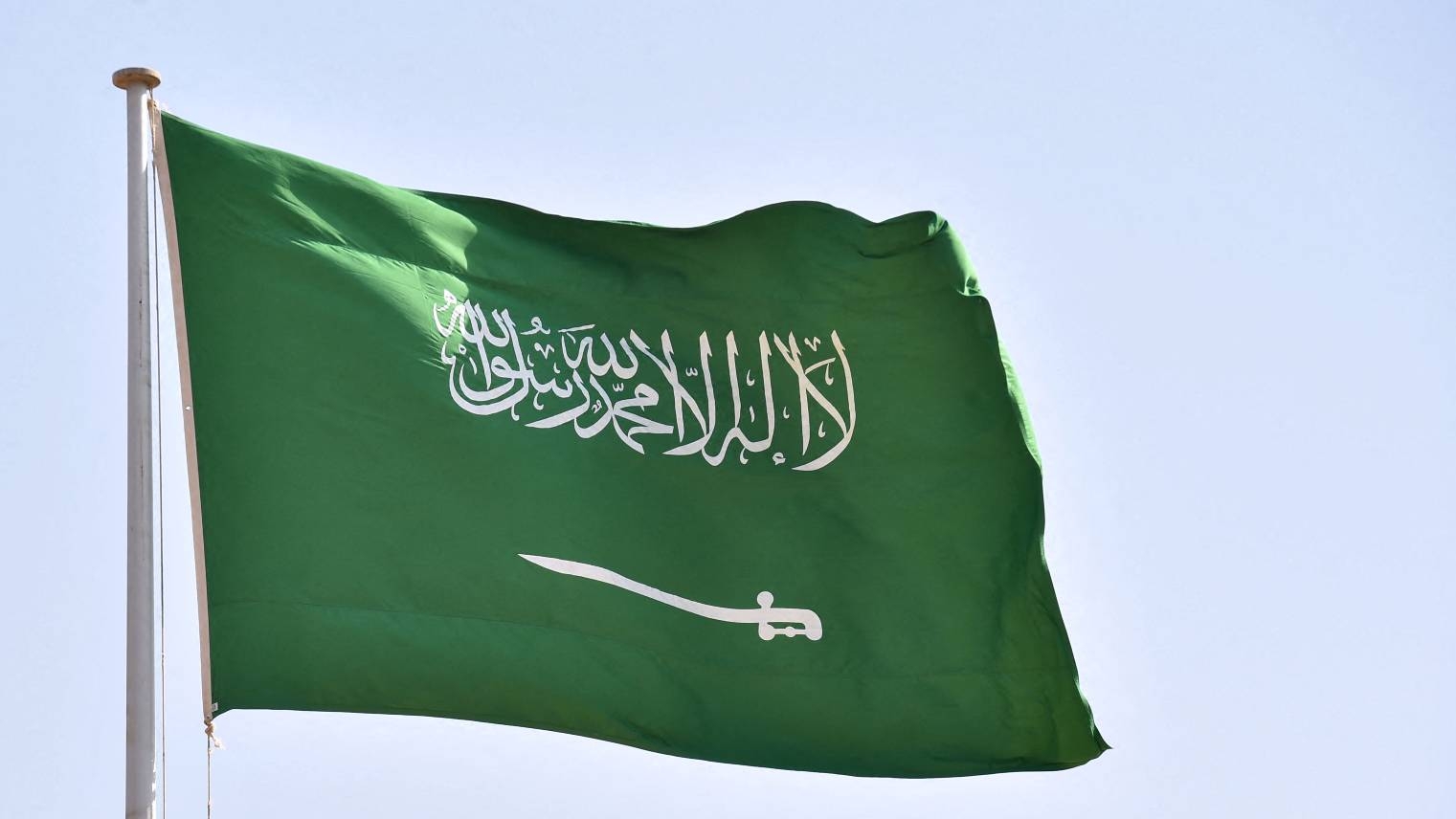Saudi Arabia sentences Yemeni man to 15 years over Twitter posts

A Saudi court has sentenced a Yemeni man to 15 years in prison for promoting apostasy online, Human Rights Watch said on Monday, urging Riyadh to prioritise decriminalising blasphemy and accusing the kingdom of promoting itself as tolerant while continuing to attack individuals' personal beliefs.
The rights group said that Ali Abu Luhum, 38, had been accused of making comments "via two anonymous Twitter accounts", which prosecutors argued were registered with phone numbers linked to him.
"The court found that the tweets were promoting 'apostasy, unbelief, and atheism'," HRW said, reporting the trial was held without defence witnesses.
Charges against Abu Luhum included his alleged "denial of the existence of God" and "promoting atheism", as well as publishing content that "prejudices public order, religious values, and public morals on social media".
Court documents reviewed by HRW said Abu Luhum was sentenced to "15 years in prison for apostasy", but did not provide further details of what he was accused of saying.
There have been no mentions of the case in Saudi media outlets. Middle East Eye reached out to the Saudi embassy in Washington and the Saudi government media office, but did not receive a response by time of publication.
He was arrested by Saudi authorities in August, and told his family that his social media activities formed the basis of his arrest, according to HRW.
In September, Abu Luhum was transferred to a jail in Najran close to the border with Yemen, where he is currently being held.
According to the HRW report, Abu Luhum made a confession but later retracted it, saying it had been made under coercion. He is currently appealing against his sentence, and a final verdict must be reached by the country's Supreme Court.
Decriminalisation of blasphemy
A coalition led by Saudi Arabia first intervened in Yemen in March 2015, after Houthi rebels seized control of the capital Sanaa and began closing in on Aden, prompting Abd Rabbuh Mansour Hadi, president of the internationally recognised government, to flee to Riyadh.
The death toll of the war, now in its seventh year, will reach an estimated 377,000 by the end of 2021, according to a recent report from the United Nation's Development Programme.
The kingdom's de facto ruler, Crown Prince Mohammed bin Salman, has meanwhile sought to project a moderate, business-friendly image of his austere kingdom as he seeks to boost investment to diversify the economy away from oil.
'A 'modernizing' Saudi Arabia needs to first stop policing people’s personal beliefs'
- Michael Page, Human Rights Watch
It has also invested heavily in the tourism and sports sectors, and is working on its goal of becoming a regional hub for business, media and entertainment.
Yet under MBS, Saudi Arabia has detained activists, clerics and royal family members in a sweeping crackdown on dissent over the last three years.
The detentions have cast a spotlight on the human rights record of the kingdom, an absolute monarchy that has also faced intense criticism over the 2018 murder of journalist and Middle East Eye columnist Jamal Khashoggi in its Istanbul consulate.
"Saudi authorities are sparing no expense to portray the country as tolerant and reforming, but contradicting state orthodoxy on religion still results in a decade-and-a-half prison sentence," Michael Page, HRW's deputy Middle East director, said in a statement.
"A 'modernizing' Saudi Arabia needs to first stop policing people’s personal beliefs.
"As it seeks to modernize its criminal justice system, Saudi Arabia should urgently prioritize decriminalizing peaceful speech, starting with the decriminalization of blasphemy."
Middle East Eye delivers independent and unrivalled coverage and analysis of the Middle East, North Africa and beyond. To learn more about republishing this content and the associated fees, please fill out this form. More about MEE can be found here.





